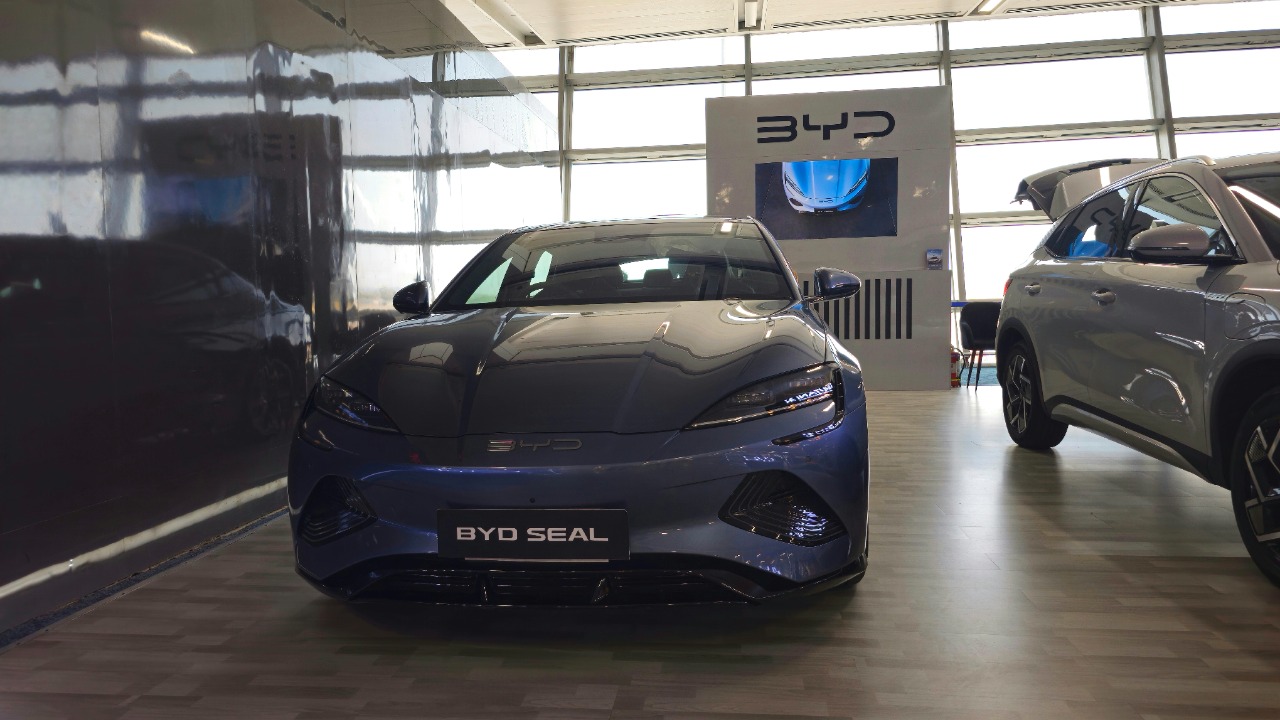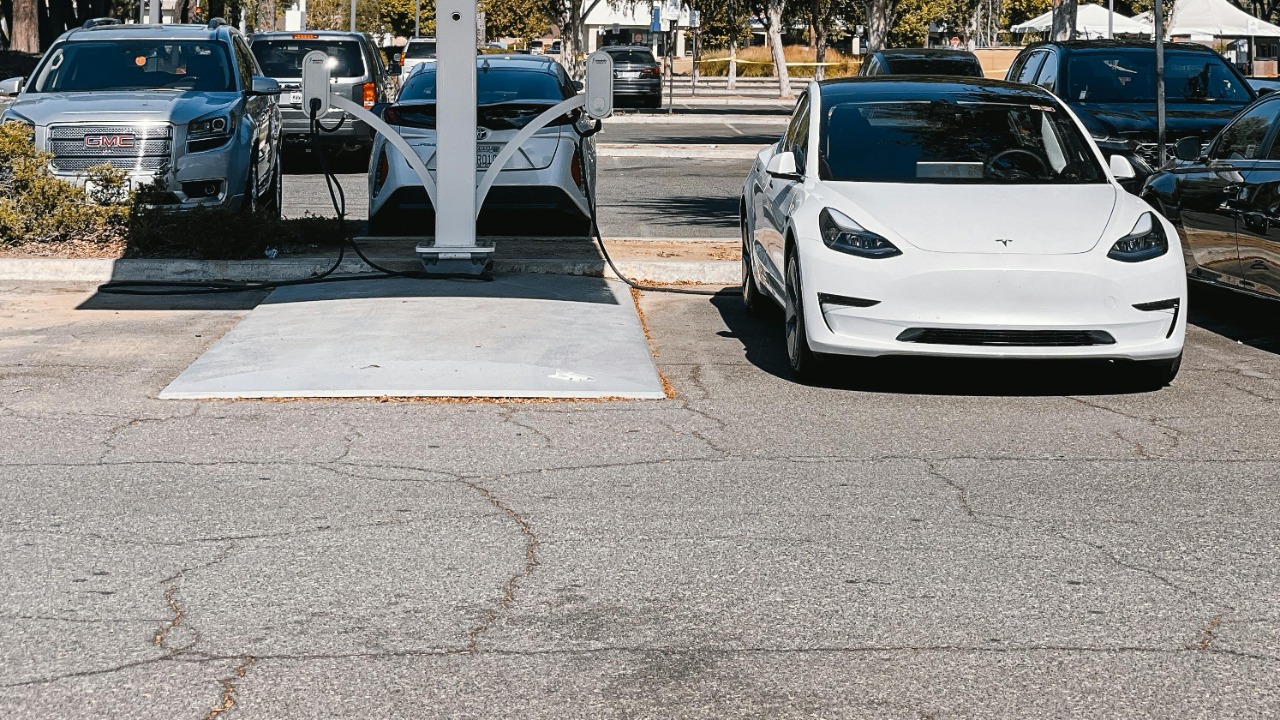Automakers are increasingly facing accusations of misleading consumers about the range of their vehicles, particularly electric ones. This issue is particularly prominent as the industry shifts towards electric vehicles, with the range being a critical factor for consumers when purchasing a vehicle.
Accusations Against Automakers

Some of the world’s leading automakers such as Tesla, BYD, Stellantis, and VW have been embroiled in lawsuits alleging misleading mileage or range information. One of the most notable cases involves Tesla, which faced a class-action suit accusing the company of falsely advertising the range of its electric vehicles. The lawsuit claimed that Tesla vehicles delivered significantly less mileage than advertised, leading to a gap between consumer expectations and reality. This class-action suit aimed to address the concerns of numerous Tesla owners who felt deceived by the company’s claims.
Another case that caught media attention involved the Italian regulators who accused automakers including BYD, Stellantis, Tesla, and VW of misleading consumers about the range of their electric vehicles. These allegations raised serious questions about the accuracy of the range data provided by these companies and the potential harm to consumers.
Impact on Consumers

The range of a vehicle, particularly an electric one, is a significant consideration for consumers when purchasing a vehicle. Misleading range information can result in unexpected costs, inconveniences, and even safety risks for consumers. For instance, if an electric vehicle fails to deliver the promised range, consumers may find themselves frequently recharging, disrupting their schedule, and incurring additional electricity costs.
Furthermore, consumers may also face a decrease in the resale value of their vehicles if the actual range is significantly lower than advertised. These financial implications, combined with the inconvenience of frequent charging, can lead to significant consumer dissatisfaction and mistrust in the automotive industry.
Automakers’ Response to the Accusations

While the automakers accused of misleading consumers have generally defended their range claims, they have also taken steps to address the allegations. For instance, Tesla stated that variations in range could be due to factors like driving conditions and weather, which are outside the company’s control. However, the company also faced a lawsuit accusing it of intentionally misleading consumers about the range of its vehicles.
In response to mounting pressure, some automakers have committed to improving the accuracy of their range estimates. They are investing in better technology and testing methodologies to give consumers a more realistic understanding of their vehicles’ range. Despite these measures, the companies still face potential penalties and settlements resulting from these allegations.
Regulatory Actions and Legal Implications

Regulators play a crucial role in holding automakers accountable for their range claims. They conduct investigations into allegations of misleading range information and can impose penalties on companies found to be in violation. The legal implications of these allegations are significant. For instance, if a court finds an automaker guilty of misleading consumers, it could face substantial fines and damage to its reputation.
Moreover, these allegations could lead to changes in laws or regulations governing the automotive industry. According to the Washington Law Review, misrepresentation and false advertising claims could potentially reshape consumer protection laws and lead to stricter regulation of automaker claims.
Broader Implications for the Automotive Industry

The allegations of misleading range information could have far-reaching implications for the automotive industry. They could erode consumer trust in automakers, making it more difficult for these companies to sell their vehicles. This is particularly concerning for the burgeoning electric vehicle sector, which relies on accurate range information to attract consumers.
Moreover, these allegations could influence the ongoing shift towards electric vehicles. If consumers cannot trust the range claims made by automakers, they may be less willing to switch to electric vehicles. This could slow down the adoption of electric vehicles and hamper efforts to reduce greenhouse gas emissions. The future of range claims and the industry’s steps towards transparency will undoubtedly shape the course of the automotive industry.